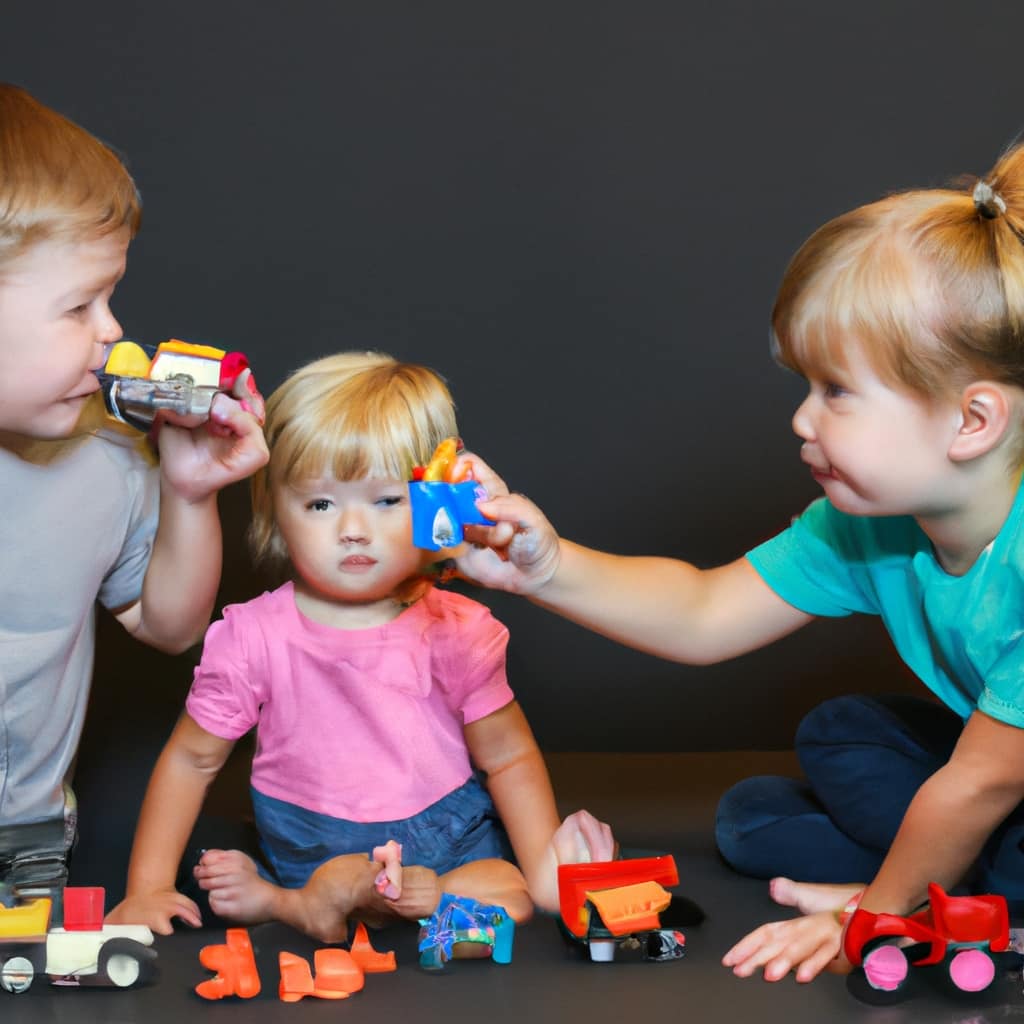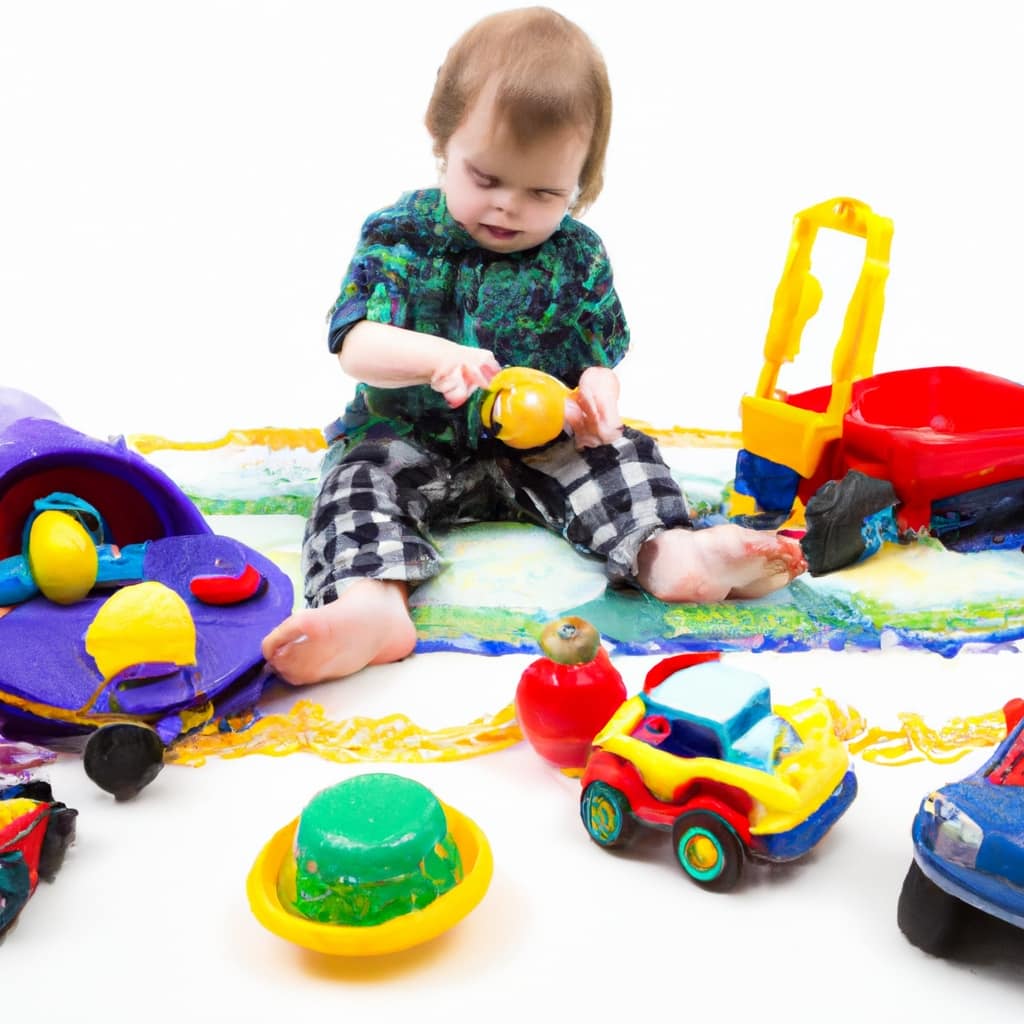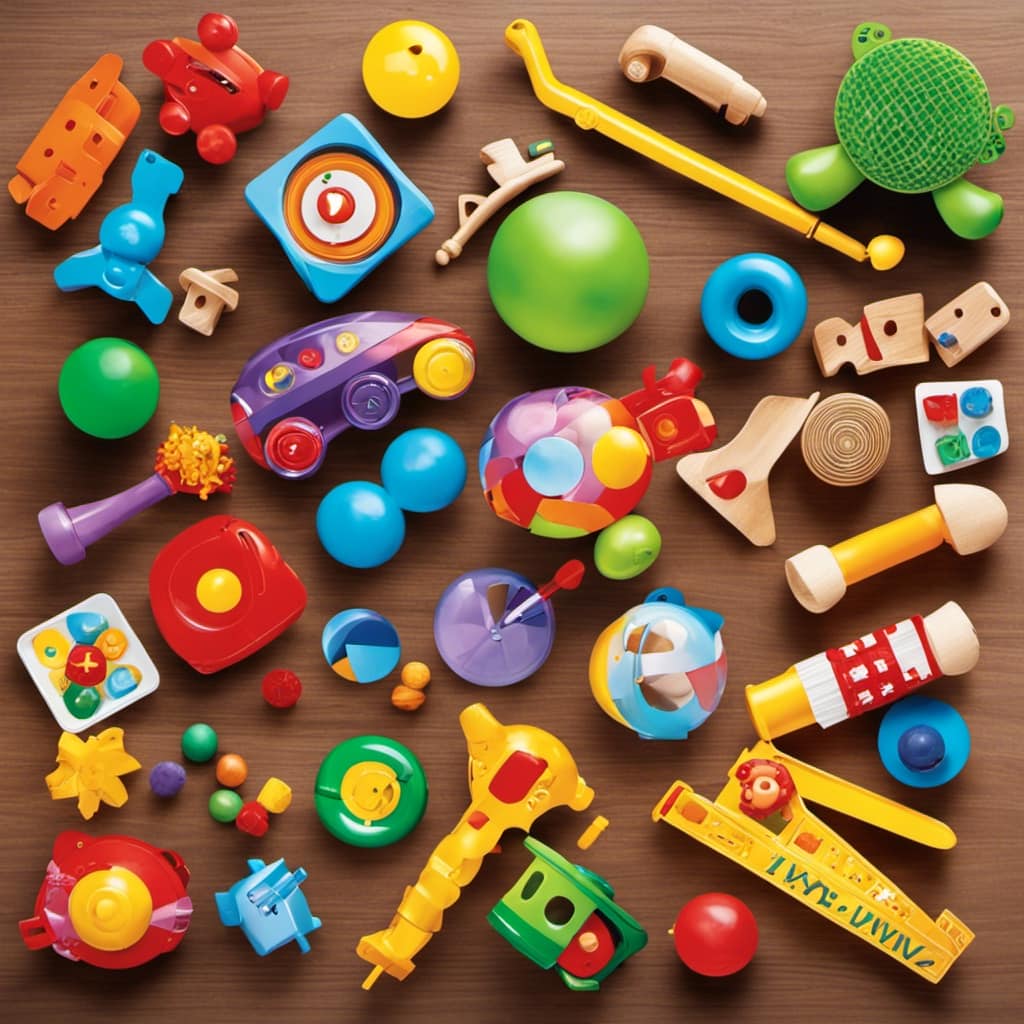Have you ever thought about how all aspects of a child’s development are interconnected? Let me introduce you to the PIES model – a comprehensive approach to understanding the intricacies of child growth.
This model recognizes the interconnectedness of Physical, Intellectual, Emotional, and Social development. By focusing on these four key areas, we can support a child’s growth and well-being.
From milestones and motor skills to creativity and emotional regulation, the PIES model offers practical insights that can benefit educators, healthcare professionals, and parents alike.
Key Takeaways
- The PIES Model emphasizes a holistic approach to understanding a child’s growth and development.
- Physical development includes milestones, motor skills development, and sensory experiences.
- Intellectual development involves nurturing creativity, cognitive stimulation, and age-appropriate challenges.
- Emotional development focuses on fostering resilience, emotional regulation, and forming relationships.
- Building relationships is essential for a sense of belonging and support, and social skills involve effective communication and conflict resolution.
Understanding Physical Development and Growth
I believe that understanding physical development and growth is crucial for comprehending the holistic approach of the PIES model in child development.
Physical development encompasses various aspects, including motor skills milestones and sensory exploration and development.
Motor skills milestones mark significant milestones in a child’s physical development. These milestones include rolling over, crawling, walking, and eventually running. They showcase a child’s increasing coordination and control over their body movements.
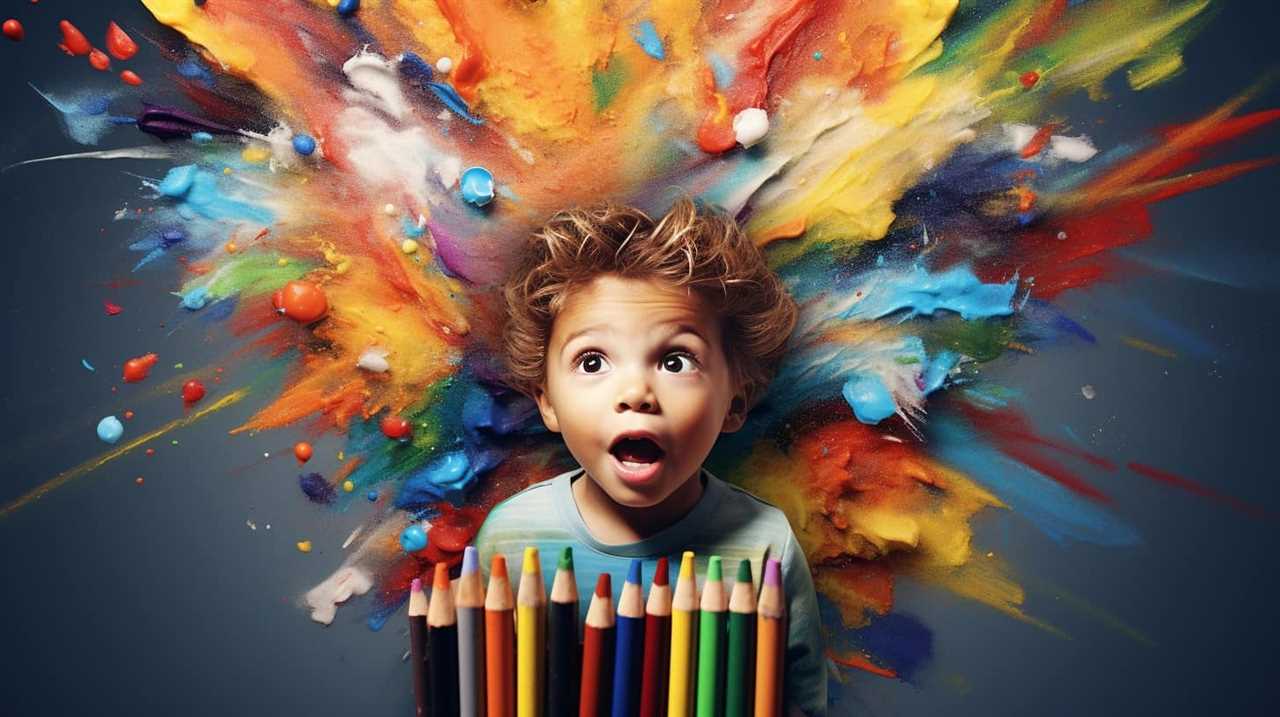
Sensory exploration and development play a vital role in a child’s overall growth. By engaging in sensory activities, such as touching different textures or listening to various sounds, children develop their senses and gain a better understanding of the world around them. This exploration stimulates their brain development and helps them make sense of their environment.
Understanding these physical aspects of child development is essential for implementing the PIES model effectively. By recognizing and supporting a child’s motor skills milestones and encouraging sensory exploration, we can promote their physical growth and lay a strong foundation for their overall development.
Nurturing Intellectual Development and Creativity
Nurturing creativity and providing age-appropriate challenges is essential for a child’s intellectual development. By engaging in creative activities such as art and imaginative play, children are able to promote problem-solving skills and enhance their cognitive abilities. Cognitive stimulation plays a crucial role in intellectual development, as it encourages the brain to make connections and think critically. Age-appropriate challenges and the exploration of new concepts further enhance cognitive abilities and foster a love for learning. According to research, children who are exposed to creative and intellectually stimulating environments tend to have better problem-solving skills and higher cognitive abilities. Therefore, it is important for parents, caregivers, and educators to encourage and facilitate activities that nurture creativity and promote problem-solving skills in order to support a child’s intellectual development.
| Nurturing Cognitive Abilities | Promoting Problem-Solving Skills |
|---|---|
| Creative activities | Art and imaginative play |
| Cognitive stimulation | Making connections and critical thinking |
| Age-appropriate challenges | Exploration of new concepts |
| Intellectually stimulating environments | Better problem-solving skills and higher cognitive abilities |
Fostering Emotional Development and Resilience
Fostering emotional development and resilience involves helping children cope with stress and setbacks in order to build their resilience and improve their overall emotional well-being. It is important to promote emotional regulation and provide children with the necessary skills to develop resilience.
Research has shown that children who are able to regulate their emotions effectively are more likely to have better mental health outcomes and establish positive relationships. By teaching children strategies such as deep breathing exercises, mindfulness techniques, and problem-solving skills, we can empower them to navigate their emotions in a healthy way.
Additionally, promoting resilience skills such as optimism, perseverance, and adaptability can help children bounce back from challenges and setbacks. By providing children with the tools they need to manage their emotions and build resilience, we can support their overall emotional development and well-being.
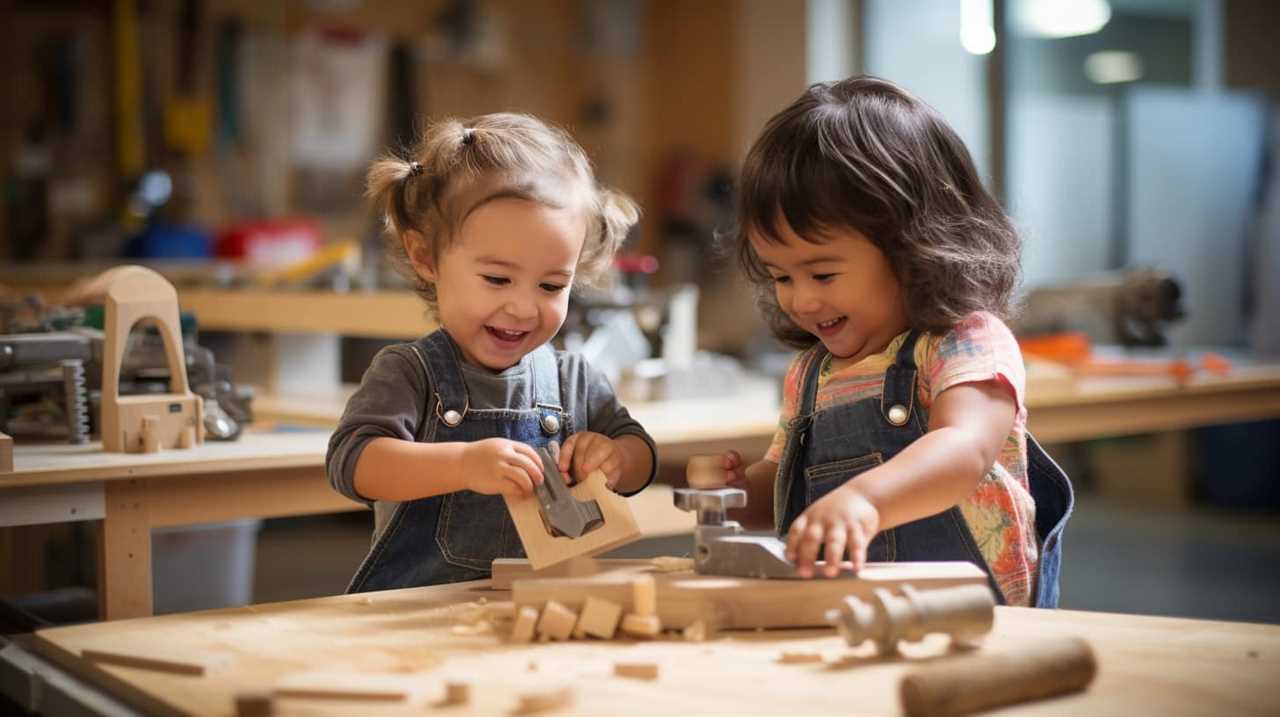
Building Social Skills and Strong Relationships
Building social skills and strong relationships is essential for creating a sense of belonging and support in a child’s life. It plays a vital role in their overall development and well-being. Here are three key reasons why social skills and strong relationships are crucial for children:
-
Importance of social play: Social play allows children to interact, cooperate, and learn from their peers. It helps them develop essential skills such as communication, problem-solving, and empathy. Through social play, children also build resilience and learn to navigate social situations effectively.
-
Parent-child bonding: Building strong relationships with parents or caregivers provides children with a secure attachment and a foundation for healthy social development. Positive parent-child interactions contribute to a child’s emotional well-being, self-esteem, and overall social competence.
-
Development of social skills: Interacting with others helps children develop important social skills such as active listening, turn-taking, sharing, and conflict resolution. These skills are crucial for building and maintaining relationships throughout their lives.
Applying the PIES Model for Holistic Child Development
Applying a well-rounded approach to my child’s growth and development involves considering their physical, intellectual, emotional, and social aspects. By implementing the PIES model in early childhood education and integrating it into my parenting practices, I can ensure a holistic approach to my child’s development. The PIES model recognizes the interconnectedness of these aspects and provides a framework for nurturing their growth.
| Physical Development | Intellectual Development | Emotional Development |
|---|---|---|
| Milestones | Nurturing Creativity | Fostering Resilience |
| Motor Skills | Cognitive Stimulation | Emotional Regulation |
| Sensory Experiences | Age-appropriate Challenges | Forming Relationships |
| Gross and Fine Motor Skills | Problem-solving Skills | Communication Skills |
The PIES model emphasizes the importance of milestones, motor skills development, sensory experiences, nurturing creativity, cognitive stimulation, emotional regulation, fostering resilience, forming relationships, and building social skills. By integrating this model into early childhood education and parenting practices, we can provide a comprehensive foundation for our children’s growth and development.
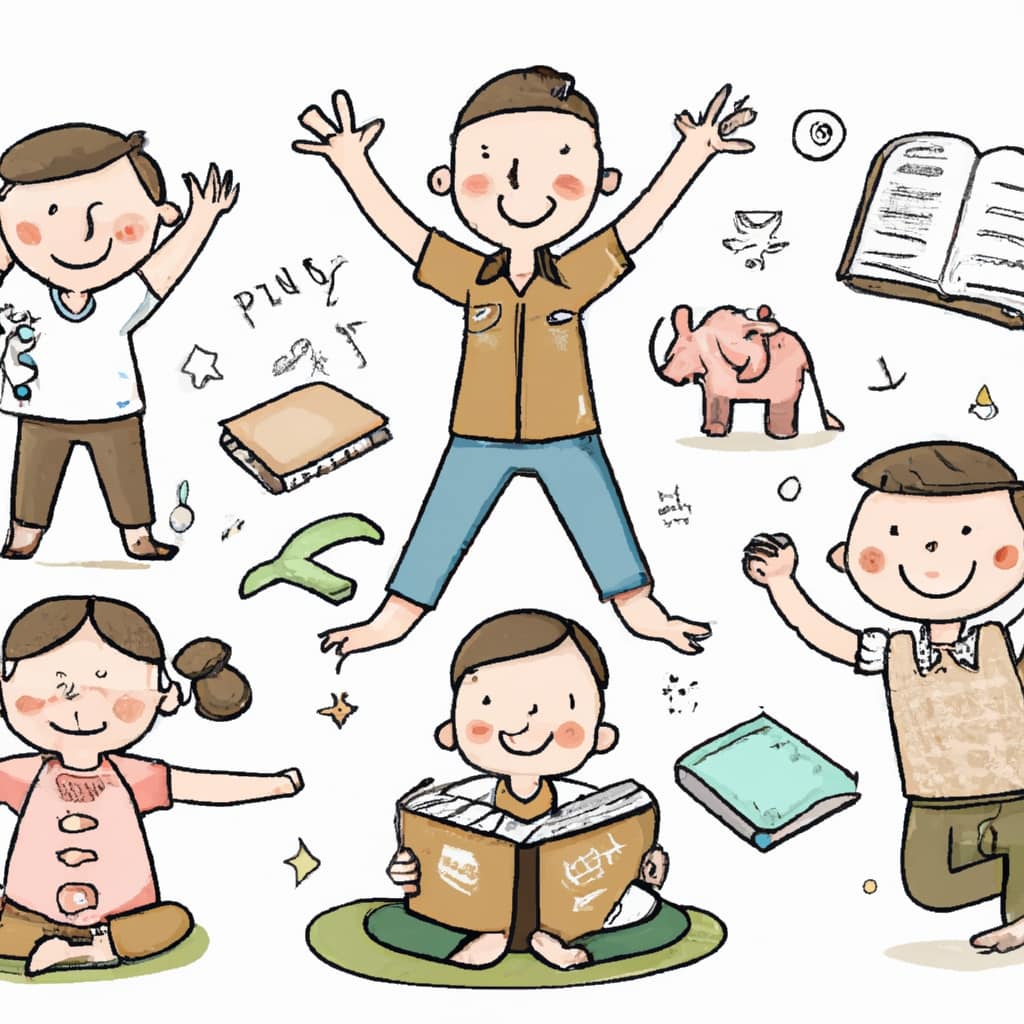
Frequently Asked Questions
How Does Physical Development Impact a Child’s Overall Growth and Development?
Physical development plays a crucial role in a child’s overall growth and development. It includes milestones, motor skills, and sensory experiences. Developing gross and fine motor skills enhances coordination and contributes to the child’s holistic development.
What Are Some Examples of Age-Appropriate Challenges That Can Enhance a Child’s Cognitive Abilities?
Age-appropriate cognitive challenges can enhance a child’s cognitive abilities. Examples include puzzles, problem-solving games, and age-appropriate academic tasks. These challenges stimulate critical thinking, memory, and decision-making skills, promoting overall cognitive development.
How Does Fostering Resilience in Children Help Them Cope With Stress and Setbacks?
Fostering resilience in children helps them cope with stress and setbacks by equipping them with the emotional tools to bounce back, adapt, and overcome challenges. It builds their ability to navigate difficult situations and promotes psychological well-being.
What Are Some Effective Strategies for Building Positive Relationships With Children?
Positive discipline and effective communication are key strategies for building positive relationships with children. By setting clear boundaries, providing consistent guidance, and actively listening to their needs, we can foster trust, respect, and a strong connection.
How Can the PIES Model Be Applied in a Healthcare Setting to Support Holistic Child Development?
In a healthcare setting, the PIES model supports holistic child development. Through addressing physical, intellectual, emotional, and social aspects, healthcare professionals can provide comprehensive care that promotes overall well-being and growth.
Conclusion
In conclusion, the PIES model provides a comprehensive and interconnected approach to understanding child development. By recognizing the importance of physical, intellectual, emotional, and social aspects, this holistic framework emphasizes the need for nurturing all areas of a child’s growth.
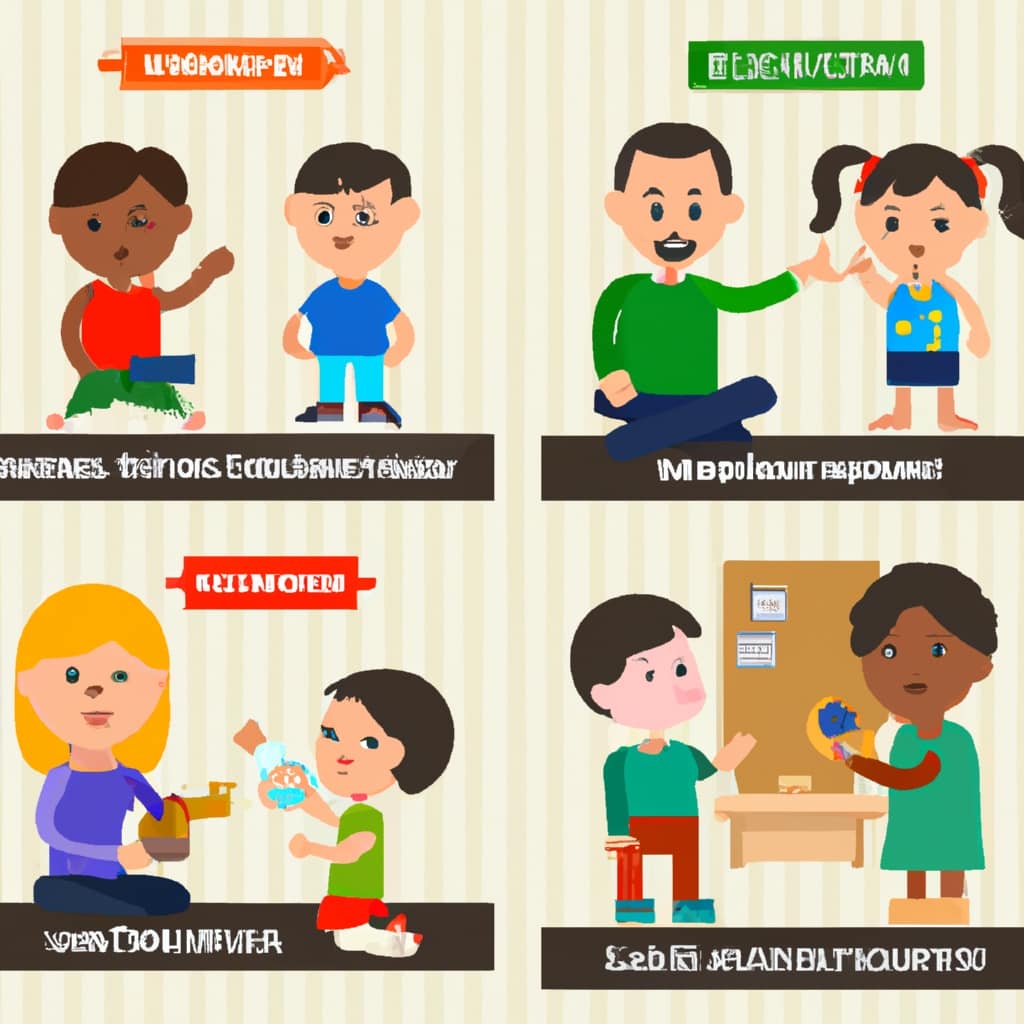
Through milestones, sensory experiences, cognitive stimulation, emotional regulation, and building relationships, children can develop the necessary skills and resilience for a successful future.
As the saying goes, ‘A stitch in time saves nine’, investing in a child’s holistic development early on can have long-lasting positive effects on their overall well-being and success in life.


